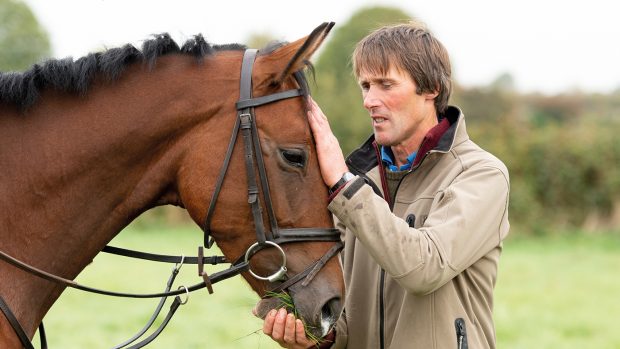More legal advice articles on buying horses
View horses for sale
Q: We bought a pony from a horse dealer, taking along an equestrian expert, but have since experienced problems with the animal.
The pony windsucks – which wasn’t noted in the two-stage vetting – and box walks, has attacked other ponies and backed up and kicked me, breaking my arm. I am still off work and unable to drive.
He also broke my finger when I was loading him and drags his handlers. I have asked the dealer for a full refund, or an alternative pony suitable for a 13-year-old, as discussed during purchase.
The pony was not advertised, but described verbally to us. Have I legal recourse?
SC, Worcestershire
According to Richard Brooks of solicitors Withy King, winning a legal case against the dealer may require you to engage an expert witness with a credible understanding of equine behaviour. This is because the seller will deploy the standard argument that something the buyer has done has caused the problems.
“In every sale, the buyer is entitled to rely on statements made by the seller, be it in adverts or verbally, when discussing the horse’s attributes,” said Richard.
“I will assume as this involves a horse dealer, that this is a sale in the course of a business; hence, the buyer is able to rely on the protection of the Sale of Goods Act 1979. Accordingly, goods – including horses – must be of satisfactory quality.
“They must be fit for the purpose for which the seller knows they are being purchased, which I will assume is the case here. I will also assume the behavioural defects existed at the time of the sale, but were somehow not evident.
“‘Satisfactory’ is a slightly woolly term, but it is common sense that if you pay good money for a horse, it should be of good quality,” he said. “The sellers defence for such a claim is to show that the defect should have been picked up in the vetting.
“However, in this case there are several defects being complained about and any one of them may mean the pony is not satisfactory. Vettings cannot pick up all defects and in this example it is not obvious that it should have done so.
“‘Fitness for purpose’ is a quite separate argument and the seller cannot use the same defence to a claim that the horse is not fit for purpose.”
With the backing of your equestrian expert, there is a reasonable case under the Sale of Goods Act.
“You should claim your money back, plus all expenses since purchase and, quite possibly, compensation for your injuries,” said Richard. “Time is of the essence in making your case.”
Information
Withy King, tel: 01865 792300 www.withyking.co.uk
This article was first published in Horse & Hound (31 December, ’09)
Looking for more legal advice articles on buying horses?
View horses for sale near you
Buying a new horse? Compare insurance prices at horseandhound.co.uk/insurance




